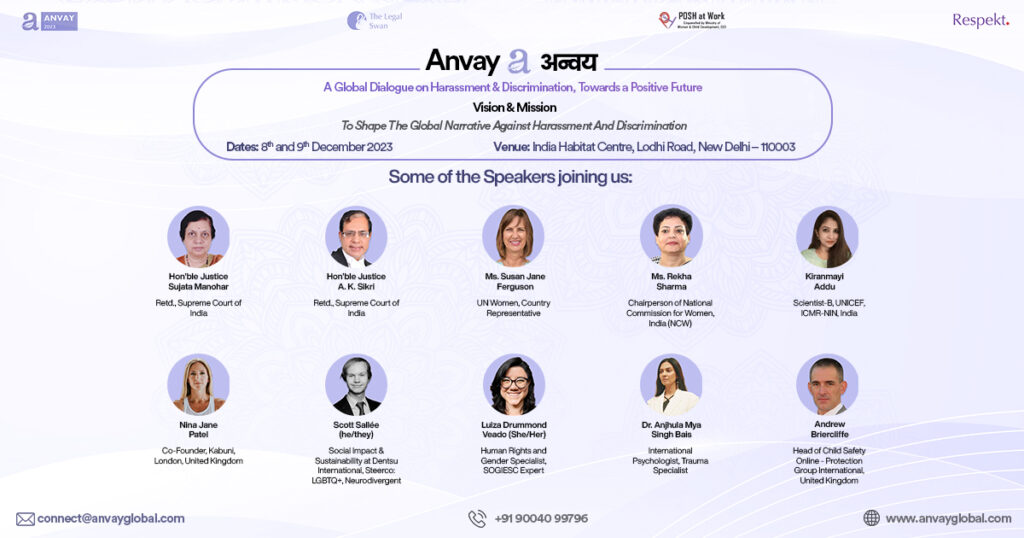Now Reading: National Seminar on “Reforms in Personal Laws in India: Problems & Prospects”
-
01
National Seminar on “Reforms in Personal Laws in India: Problems & Prospects”
National Seminar on “Reforms in Personal Laws in India: Problems & Prospects”
ICFAI Law School is going to organize the National Seminar on “Reforms in Personal Laws in India: Problems & Prospects”
Date: 8th April, 2017
Venue: The ICFAI University, Rajawala Road, Central Hope Town, Selaqui, Dehradun
Concept Note:
A 35 years old Muslim woman Shayara Bano, recently moved the Supreme Court of India seeking a ban on instantaneous triple talaq (Talaq-e-Biddat), Polygamy, Halala. Her petition in the Supreme Court makes no mention of the Uniform Civil Code, neither does it ask for codification of Muslim Personal Law. She has sought equality before law and protection against discrimination on the basis of her gender and religion. She challenged a personal law practice citing her fundamental rights. As the Supreme Court of India is adjudicating the matter by constituting Constitutional Bench, no decision has been taken yet.
The Secretary of All India Muslim Personal Board (AIMPB) as respondent number 7 in the writ petition filed its counter affidavit contending that the present edition does not fall within the Judicial Review. It further submitted that personal laws do not derive their validity on the ground that they have been passed or made by a legislature or other competent authority in the territory of India. The founding sources of both the Hindu and Mohammeden laws are their respective scriptural texts. The basic principles which are the basis of Hindu / Muslim / Christian personal laws are peculiar to their own religion, which cannot be challenged on the ground of being violative of Part-III of the Constitution of India.
Sub-themes:
- Need for Reforms in Personal Laws in India: An Analysis.
- Scope of Reforms in Personal Laws is a matter of Legislative Policy.
- Authoritative sources behind Personal Laws in India and Role of Religion to control the Personal Laws.
- Challenging of Personal Laws under Part- III of the Constitution of India.
- Accountability of Secular State for violations caused by the operation of Personal Laws.
- Scope of re-writing the Personal Laws of a community for social reforms.
- Scope of Judicial Interpretation over the matter of Personal Laws based on religious scriptures in India.
- Whether for reforms, it is permissible to change the practices or acts done in pursuance of religion?
- Scope of Reforms in Personal Laws vis-a-vis religious communities in India.
- Scope of Introduction of Uniform Civil Code in India
Identified issues / Sub-themes are only illustrative. Participants may select the related topics covered under the main theme.
Call for Papers:
- Research papers / Articles and Case Studies from legal fraternity are invited for presentation in the National Seminar. Communication of acceptance will be sent to authors for presentation.
- Co-authorship is allowed, but each author is required to register and pay the registration fees individually.
Submission Guidelines:
- The submission shall consist of an abstract and full paper.
- An abstract shall not be more than 250 words excluding title and keywords.
- The length of the paper should not exceed 3000 words.
- Footnotes must conform to the authoritative standard, rules of legal citation and must include a description of each authority adequate enough to allow a reasonable reader to identify and locate the authority in a publication of general circulation.
- Paper should be in MS Word format, with the subject “National Seminar on Reforms in Personal Laws in India: Problems & Prospects”.
- Cover page must contain name, nationality, e-mail address, contact number, and name of the College / University along with the address of the participants.
- In case of co-authorship, the covering letter should include details of all the Authors.
- Submission of Abstract and full paper must be made to nationalseminar.ilsiud@gmail.com
- Delegates must submit the hard copy of his / her paper on the day of seminar, at registration desk.
- The paper should be in the following format:
- Font Type: Times New Roman
- Font Size: 12 pt
- Line Spacing: 1.5
- Footnote Size: 10 pt
The Abstract and full length paper must include Title, Author(s) Name & Designation, Name of the Institution of the researcher and e-mail address.
Registration Details:
|
Delegate Categories |
Upto 25th March, 2017 |
After 25th March, 2017 / On the Spot Registration |
|
Students / Research Scholars |
Rs. 500/- |
Rs. 600/- |
|
Advocates / Academicians |
Rs. 800/- |
Rs.1000/- |
Payment should be made by Cash / Demand Draft (any nationalized Bank) / NEFT/ RTGS. No T.A. & D.A. shall be provided to delegates by the organizers. Other details regarding Seminar can be obtained from the Organising Secretary / Co-ordinator. The Demand Draft shall be drawn in the favour of “The ICFAI University Imprest Account” payable at Dehradun and must be sent to:
Mrs. Monica Kharola
Joint Director of the National Seminar on “Reforms in Personal Laws in India: Problems & Prospects”
ICFAI Law School,
The ICFAI University, Dehradun
Rajawala Road, Central Hope Town,
Selaqui, Dehradun – 248197
Phone: +919412382373, +918941827247
To confirm the registration, the scanned copy of the Demand Draft / Transaction No. must be emailed to nationalseminar.ilsiud@gmail.com
Accommodation:
ICFAI Law School, The ICFAI University, Dehradun will arrange accommodation on prior intimation for the delegates on twin sharing basis @ Rs.300/- (Room Rent, bedding, complimentary breakfast and dinner) per person per day.
Important Dates:
|
Last date for Abstract Submission: |
25th March, 2017 |
|
Last date for communication of acceptance of Abstract: |
31st March, 2017 |
|
Last date for submission of full Paper: |
5th April, 2017 |
Contact:
Mr. Amarjeet Ranjan
Phone: +91-8941827247
Email: amarjeetranjan.ilsicfai@gmail.com
Mr. Vishal Parashar
Phone: +91-7895545457
Email: vishalparashar.ilsicfai@gmail.com
Ms. Tamana Kaushik
Phone: +91-8755834111
ICFAI Law School
The ICFAI University, Dehradun
Rajawala Road, Central Hope Town,
Selaqui, Dehradun – 248197
Phone: +919412382373, +918941827247
Email: nationalseminar.ilsiud@gmail.com







